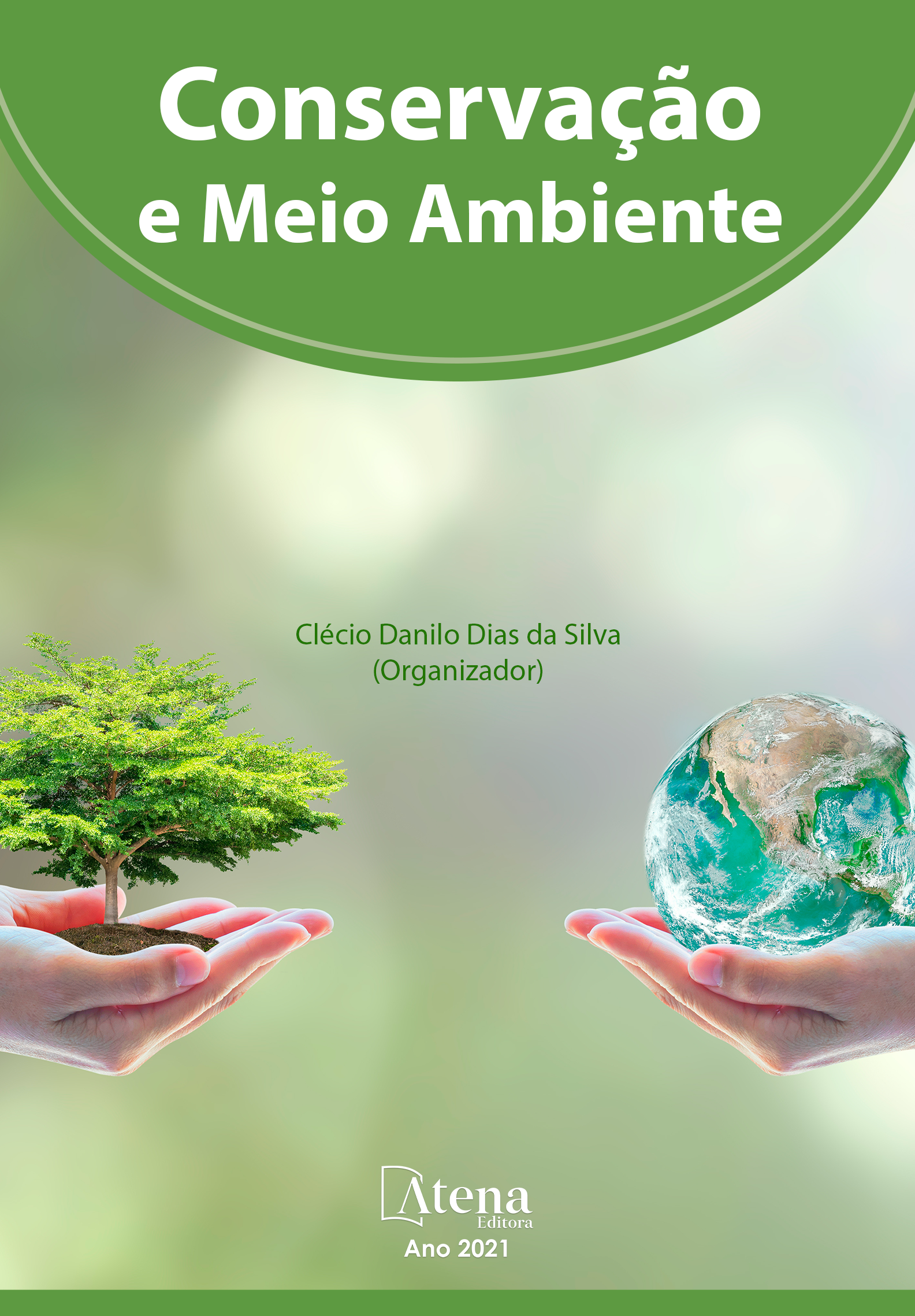
LOGÍSTICA REVERSA NA PRODUÇÃO DE PNEUS NA ZONA CENTRAL-SUL DO MÉXICO E PERCEPÇÃO DE SUA IMPORTÂNCIA AMBIENTAL
Um dos problemas presentes no México é a contaminação ambiental decorrente de resíduos de pneus, em decorrência de sua maciça fabricação e das dificuldades de processamento quando descartados. Esta pesquisa baseia-se na identificação de empresas fabricantes de pneus que implementam a logística reversa como estratégia em seus processos produtivos e inferem a existência ou não de relações com o aumento ou diminuição de poluentes, no entendimento de que considerá-la permite a oportunidade de reduzir a poluição ambiental. O objetivo foi identificar e descrever as empresas fabricantes de pneus da zona centro-sul do México e sua relação com a logística reversa. Este estudo é descritivo, tendo como base as informações do Diretório Nacional de Estatística de Unidades Econômicas (DENUE, 2019), aplicando-se uma pesquisa telefônica estruturada aos gerentes de produção ou de função semelhante em cada empresa. Como resultados, foram detectadas 24 empresas classificadas nesta área, das quais 15 são efetivamente fabricantes e 9 são escritórios administrativos ou centros de armazenamento, destas 15 apenas 3 são fabricantes de pneus e 12 manipulam e / ou distribuem produtos de borracha, mas não são fabricantes de pneus. Nesse sentido, a DENUE classificou mal as empresas. Detecta-se o conhecimento do termo “Logística Reversa”, embora não seja implementado e apenas algumas atividades intrínsecas sejam praticadas, tais como: a redução de emissões poluentes, a introdução de recauchutagem, entre outras. Também expressaram acreditar que é possível ajudar o meio ambiente e ao mesmo tempo aumentar os lucros da empresa.
LOGÍSTICA REVERSA NA PRODUÇÃO DE PNEUS NA ZONA CENTRAL-SUL DO MÉXICO E PERCEPÇÃO DE SUA IMPORTÂNCIA AMBIENTAL
-
DOI: 10.22533/at.ed.56721270117
-
Palavras-chave: Pneus, Logística reversa, México, Empresas fabricantes
-
Keywords: Tires, reverse logistics, Mexico, manufacturing companies.
-
Abstract:
One of the problems present in Mexico is the environmental contamination derived from waste tires, as a result of their massive manufacture and the difficulties in processing them once they are discarded. This research is based on the identification of tire manufacturing companies that implement reverse logistics as a strategy within their production processes and infer the existence or not of relationships with the increase or decrease of pollutants, on the understanding that considering it allows the opportunity to reduce environmental pollution. The objective was to identify and describe the tire manufacturing companies of the south-central zone of Mexico and their relationship with reverse logistics. This study is descriptive, the information from the Directorio Estadístico Nacional de Unidades Económicas (DENUE, 2019) was used as a basis, applying a structured telephone survey to the production managers or similar function in each company. As results, 24 companies classified in this area were detected, of which 15 are actually manufacturing companies and 9 are administrative offices or storage centers, of these 15 only 3 are tire manufacturers and 12 handle and / or distribute rubber products, but they are not tire manufacturers. In this sense, the DENUE has badly classified companies. The knowledge of the term "Reverse Logistics" is detected, although it is not implemented and only some intrinsic activities are practiced, such as: the reduction of polluting emissions, the introduction of retreading, among others. They also expressed that they believe that it is possible to help the environment and at the same time increase the profits of the company.
-
Número de páginas: 12
- J. Santos Hernández Zepeda
- Teresa Flores Sotelo
- Aurora Linares Campos


